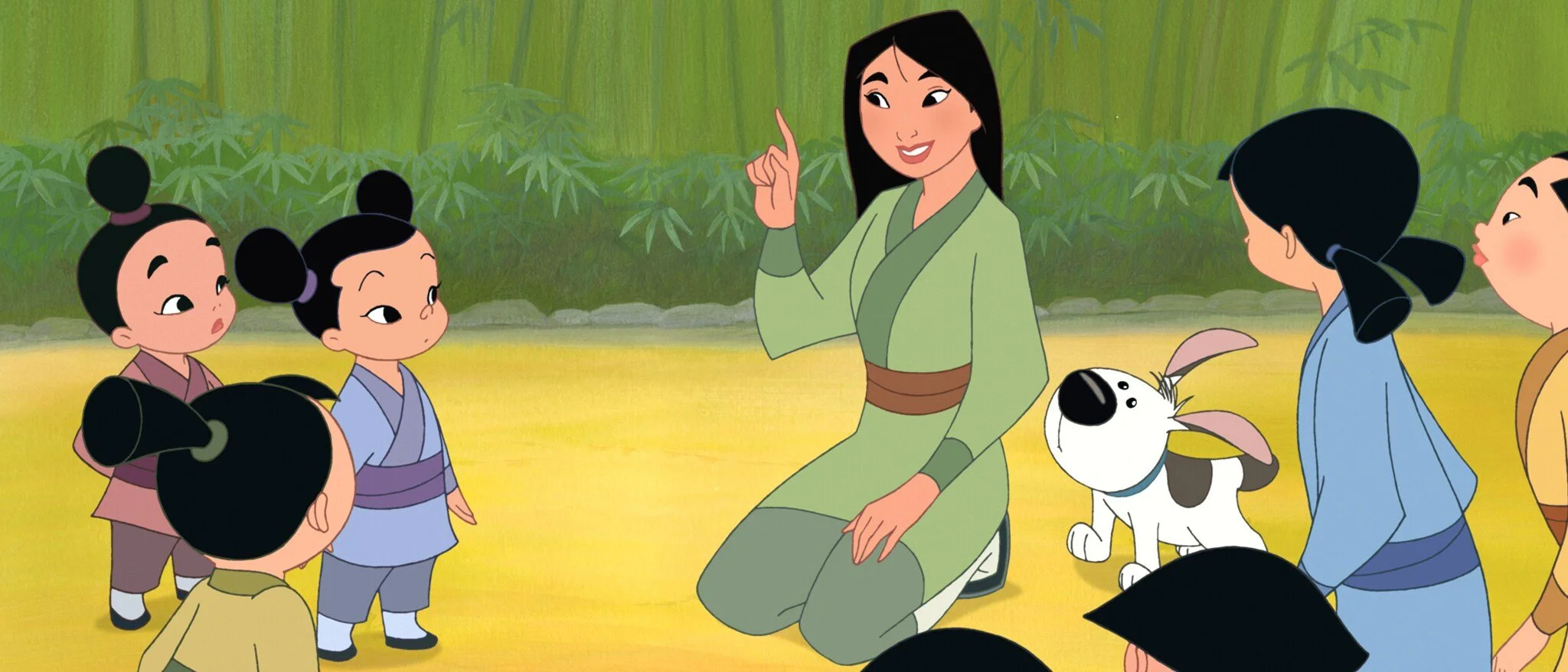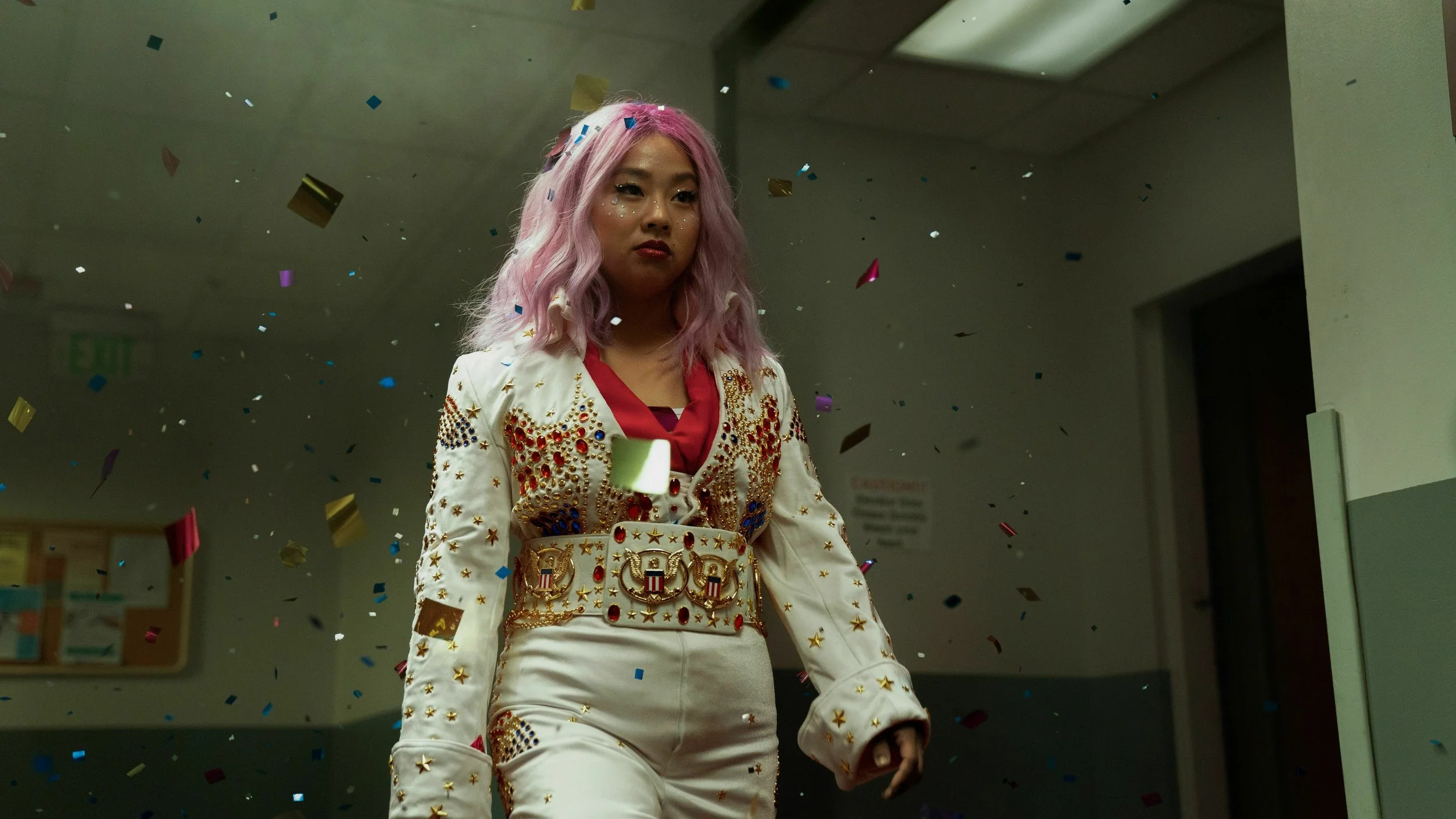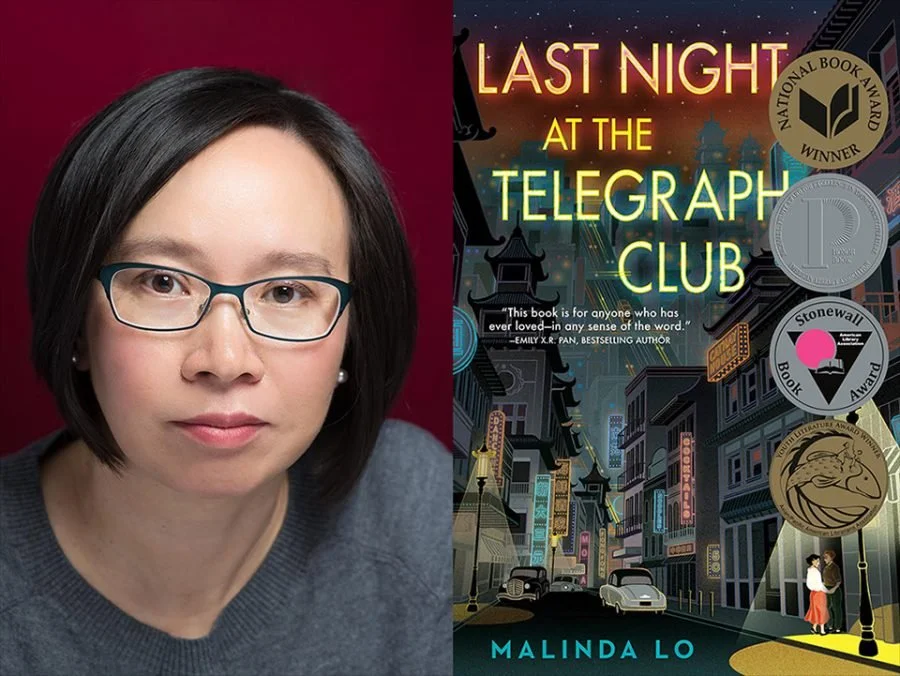Our Favorite AANHPI Stories to Watch and Read Right Now
Asian American, Native Hawaiian, and Pacific Islander (AANHPI) communities have shaped this country in countless ways—through culture, creativity, resilience, and care. But for too long, our stories have been pushed to the margins. We’ve been stereotyped, simplified, or erased altogether.
Messages like the “model minority” myth or the idea that we don’t belong here aren’t just wrong—they’re harmful. They ignore the complexity of our communities and fuel the biases that lead to real harm.
Yes, there’s been progress. We’re seeing more AANHPI voices breaking through in books, films, and history lessons. But we’re still far from where we need to be.
Representation isn’t just about being seen—it’s about being seen fully, truthfully, and on our own terms.
In celebration of AANHPI Heritage Month, we asked Team AGI to share the stories that have been inspiring, moving, and resonating with them lately! From powerful films to heartfelt novels and must-watch shows, these staff picks shine a spotlight on the diverse experiences and rich narratives of Asian American, Native Hawaiian, and Pacific Islander communities.
Whether you're looking to dive into something new or revisit a familiar favorite, we hope this collection of recommendations offers insight, connection, and joy—and maybe even helps you feel a little more seen along the way.
Abigail’s Pick
Who is your favorite character in this show/movie/book? Why?
Mine are pretty general, but I loved the representation in Turning Red. Even though Meilin is Chinese-Canadian and I’m not, I really saw myself in the story, especially with the pressure of not wanting to disappoint your parents. Sometimes their actions can feel intense, but it’s almost always coming from a place of love. That’s something I think a lot of Asian cultures share, and I definitely feel that too.
It was so nice to finally see that part of our culture on screen. I’ve spent most of my life trying to explain to friends and partners, “I don’t know how to explain it, it’s just our culture.” And the little details? So accurate. The diverse friend group, down to the stains on the TTC streetcar — all of it reminded me of growing up Asian Canadian in Toronto. It was refreshing to see both Canadian and Asian culture represented, instead of just American media for once.
What part of a show/movie/book spoke most to your experiences as an AANHPI woman?
A new favorite of mine is Brenda Song in the Netflix series Running Point. Asian women are so often shown as soft, quiet, or submissive, but her character, Ali Lee, is the opposite. She’s strong, bold, and confident, working in a male-dominated industry like sports and totally holding her own. It really affirmed parts of my personality, especially after working in a male-dominated tech startup for the last seven years. I was the outspoken one, not afraid to curse or push back, and because of that, I built strong relationships with leadership, had honest conversations about mental health and family, and got access to big opportunities that aren’t easy to come by in your early twenties.
That said, I didn’t fully relate to the Filipino representation through Ness’s wife. She’s from a rich family in Manila, which is a cool shift from the usual portrayal of Filipinos as farmers or laborers. But it didn’t feel personal to me. What I did appreciate was the real love and respect between her and Ness. I really hate the “Oxford study” or “mail-order bride” stereotypes, so it was nice to see a relationship that wasn’t built on that narrative.
ANNABEL’S BOOK RECOMMENDATION
Who is your favorite character in this show/movie/book? Why?
Front Desk by Kelly Yang is a young adult book that holds a special place in my heart because of its honesty and vulnerability. My favorite character in this book is Mia - she is a 10 year old girl who lives in a motel with her immigrant parents, who also run the motel to make a living. Although I can't relate to Mia's exact experiences, there are so many moments in this book that I resonate with when I look back on my time in middle school. This book doesn't shy away from describing microaggressive encounters that Mia and her parents have with other adults, as well as comments from her classmates in school. I love that it doesn't try to sugarcoat or make the story palatable.
What part of a show/movie/book spoke most to your experiences as an AANHPI woman?
My familiarity with this book comes from my background working with elementary-aged students. Even though it is technically labeled as a book for teenagers, I loved reading it as an adult. It healed a part of my inner child to know that this story was being told. It has also been so heartwarming to share this with kids and hear their reflections. As a Korean eldest daughter of an immigrant single mom, I can relate so heavily to the way that Mia perceived her parents; she saw how hard they worked despite the discrimination they faced and recognized that the way they showed their love to her looked different than her white classmates. I also love the way that Mia believes in herself; it goes against the "survival mode" that her parents have been living in for so long, so she actually clashes with her parents, and you can see the growth from both ends through the story. Mia is brave; she takes risks and she feels deeply. I would have loved to know a character like her when I was navigating middle school.
Hannah’s Book Recommendation: Joan is Okay by Weike Wang
I recently read and enjoyed Joan's story in Joan is Okay by Weike Wang.
Joan comes from a family of many different backgrounds. Her parents immigrated from China to the US. Her older brother was born in China and was raised apart from the family in China for the first 10 years of his life. Joan was born in the US. When she graduates high school, her parents decide to move back to China while her brother and her stay in the US. The whole book is set when she is a thirty ish year old ICU doctor, when the unexpected death of her father leaves her spiraling. There are so many different dialogues in this book where she questions her family dynamics (and how it compares to her peers), her perspective on her success, and how it all fits into the world she lives in. Pretty relatable internal spiral written in a witty novel.
Jane’s Pick: Mulan & Everything Everywhere All at Once
Who is your favorite character in this show/movie/book? Why?
My all-time favorite character is Mulan. She defies traditional gender roles, embraces her true self, and prioritizes family and loyalty over personal gain. Her story resonates deeply with me because she embodies courage, resilience, and the importance of staying true to oneself—even when societal expectations say otherwise. I remember reciting and performing “Lesson Number One” day after day, dreaming I would be like Mulan (just like the little warriors she was teaching!)
At the same time, her commitment to family brings up something more nuanced for me. I’m unlearning the instinct to constantly seek my family’s acceptance—especially after experiences that caused emotional strain. I’ve come to recognize both the complexity and the beauty in our relationship. Despite the pain, my parents made sacrifices to raise me, and I see now how they continue to love me unconditionally while carrying their own unhealed trauma. That truth doesn’t erase the hard parts, but it holds space for compassion and growth. One day, I hope to give back to them as much as they have given me.
What part of a show/movie/book spoke most to your experiences as an AANHPI woman?
The first time I saw my experiences as an AANHPI woman fully reflected on screen was in Everything Everywhere All at Once. The film explores generational trauma, the relentless pressure to succeed, and the mental toll of trying to hold it all together—especially within immigrant families where love, duty, and misunderstanding often coexist. I find myself resonating with Evelyn as I was forced to grow up way too fast and the responsibilities as the “girl of the family,” the reliable daughter, and caretaker was placed upon me since I was young- while trying to keep up with expectations of society, family, and myself.
One moment that hit me hard was when Ke Huy Quan’s character says:
"In another life, I would have really liked just doing laundry and taxes with you."
It’s such a simple line, but it speaks volumes. It captures the grief of unrealized possibilities, the quiet tenderness in everyday life, and the deep yearning for peace and understanding amidst chaos. As a chronic worker and overthinker, I often worry that my partner, friends, and family feel this way about me—as I move through the world overwhelmed by everyday stress.
Jihee’s Pick: Everything Everywhere All At Once
Who is your favorite character in this show/movie/book? Why?
My favorite character is Joy from Everything Everywhere All at Once. I really resonated with her because she represents what it feels like to grow up in-between — caught between your & your parents’ cultural expectations and your own experiences coming of age in the U.S. I loved how her character was filled with complexity, nuance, struggle, and her desire to be fully seen and understood.
What part of the show/movie/book spoke most to your experiences as an AANHPI woman?
This was one of the first sci-fi, fantastical films I’ve seen that centered AANHPI identity, love, and the beauty (and difficulty) of living in a liminal space. Seeing queer AANHPI representation on screen meant so much to me! It felt like the kind of story I had been waiting for, and one that reflected the emotional layers and tensions I’ve experienced in my own life through mother-daughter relationships.
Jinny’s Book Recommendation: Last Night at the Telegraph Club by Malinda Lo
Who is your favorite character in this show/movie/book? Why?
My favorite character in this book is Lily.
Lily is a 17-year old Chinese-American lesbian growing up in 1950s Chinatown. In her search for belonging, she finds one of the few LGBTQ+ safe spaces in San Francisco and experiences love for the first time. I love the authenticity of Lily’s story. Malinda Lo does a beautiful job capturing Lily’s unique experience as a queer young person of color and the complexity of her journey.
What part of the show/movie/book spoke most to your experiences as an AANHPI woman?
I love books because they let me step into someone else’s world. As a queer Asian-American woman, I don’t often come across historical stories that reflect the intersection of my identities. This book allowed me to travel back in time and experience life through the eyes of an Asian-American lesbian in the 1950s, offering me a new and informed perspective. It made me feel deeply grateful for the resilience and passion that have shaped not only her story but also my own.
COMING UP: TEA TALKS BOOK CLUB WITH ANNABEL KAEY
“Tea Talks started as an idea from my middle school love of reading, a safe space where I could imagine freely and feel represented. Last summer’s pilot was heartwarming, as students shared vulnerably through art and conversation on topics like gender identity, microaggressions, food, and ancestral legacies. I learned so much from them. Tea Talks is about exploring literature creatively and vulnerably, without the pressure of academics.”
– Annabel Kaey, Program Coordinator
This year, Tea Talks Book Club returns with new stories and more space to be your full self. Still virtual and still led by Annabel, the series continues to center joy, reflection, and representation through the voices of AANHPI authors and creatives.
Whether you love to read, write, create, or just be around others who get it — Tea Talks is for you.
Upcoming Sessions:
📅When: June 1, 15, and 29, 2025
💜Who: AANHPI girls and gender expansive youth in grades 6 to 8
📍Where: Hosted virtually from Denver, Colorado
Join us to sip something warm, share something real, and let your story steep.
















